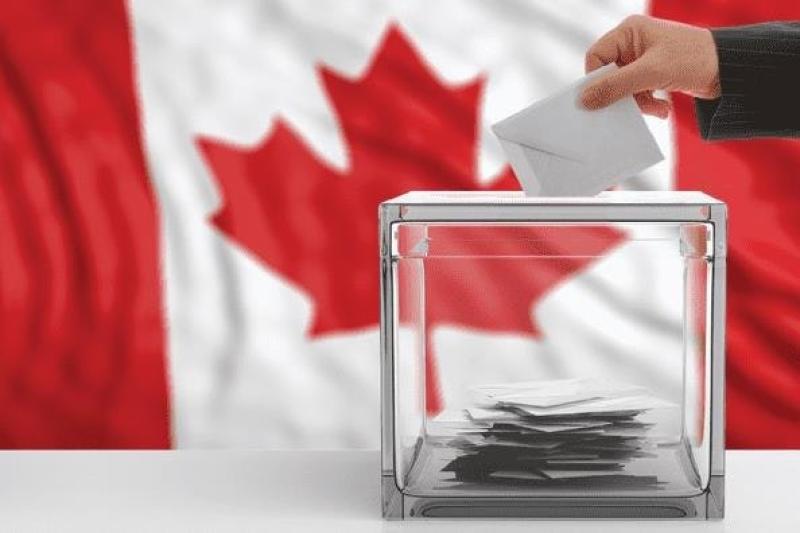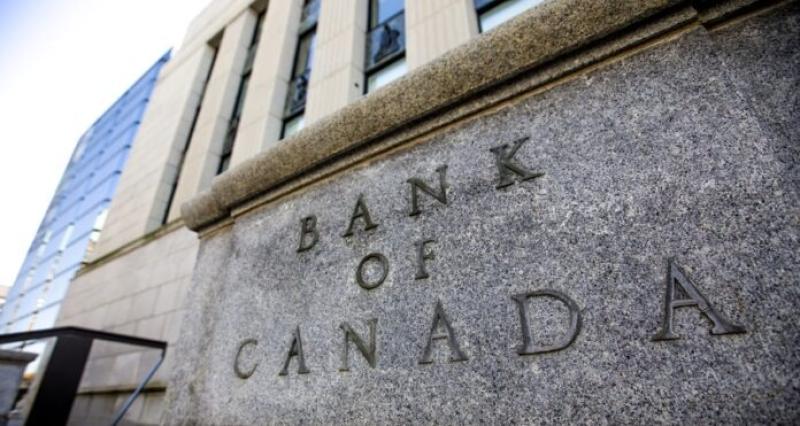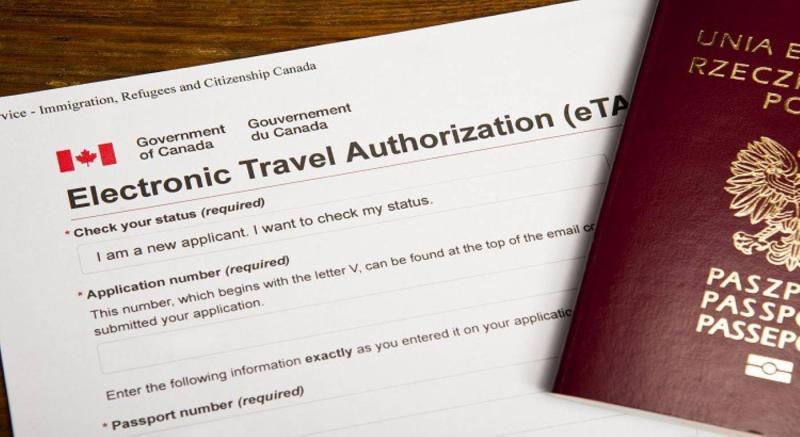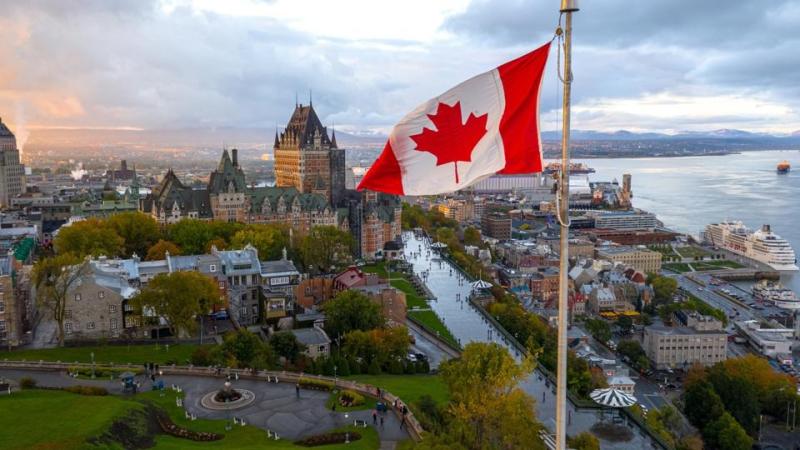Robert Boulos writes: Brexit, the aftermath

The Brits are coming to terms with the dramatic results of the Brexit referendum. Not just Britain, but the whole world is on edge since 17.4 million people in Britain voted to leave the European Union, when the referendum took place on the 23rd of June 2016. The results have stunned the Brits which have left them scratching their heads, not knowing what just hit them. Jitters have overcome the whole world, manifesting itself in stock exchange plunges and the Sterling pound dropping in value, which might require the Bank of England to regulate the currency.
The outcome of the referendum led 2 million people to sign a petition on the Parliament’s website calling for a second vote. Unfortunately for them, there is no mechanism in the UK for the public to trigger a referendum. At best, this petition can only lead to a debate among lawmakers, so most likely it will not go very far. But, is all this nervousness justified, or is it too early to judge.
Britain has not left the EU yet. There are many obstacles that need to be overcome for this to happen. The referendum that took place is non-binding; the UK prime minister is under no legal obligation to act upon the results. In theory, the prime minister can negotiate with the EU for a new deal before taking it back for a new vote, however this is very unlikely as the EU cannot ignore the millions who voted to leave. Furthermore, it would be politically almost impossible to overlook the results of this plebiscite.
So in order for Brexit to take place, the UK parliament must ratify the referendum and the prime minister would have to trigger Article 50 of the Lisbon treaty, which would give the UK a two year period for the decoupling process to take place, and only then the UK would exit the EU. However, if the prime minister and parliament are willing to invoke Article 50, they must gain the consent of Scotland who has voted 62% to 38% against Brexit. In order to carry out Brexit, Scotland would need to amend section 29 of the Scotland Act 1998. Also the Welsh and Northern Ireland assemblies would need to amend their respective legislation, in order to be compatible with EU law, and for the UK departure to be possible. But Scotland’s First Minister Nicola Sturgeon has vowed to block Brexit in the Scottish parliament.
On the EU side, it is a different story. All indications so far are that Berlin, Paris and Brussels want a quick separation, limiting the UK’s leverage and making a tough example of Britain so other member states do not follow. The EU Commission President Jean-Claude Juncker stated, “It’s not an amicable divorce, but it never really was a close love affair anyway”. But the EU have no power to force the UK to leave, only the sitting prime minister can trigger Article 50, which gives leverage to the UK to negotiate new trade treaties with the EU before the 2 year period even starts counting down. But once Article 50 is triggered, then the advantage will switch to the EU. So timing plays a crucial part in this unprecedented process, as no nation has yet separated itself from the EU.
So when will the UK formally leave the EU, not for some time. David Cameron has resigned and has left the decision to his successor, Mrs Teresa May, who has stated that the UK will not start official negotiations on leaving the EU during 2016. Accordingly, it seems very unlikely that the UK will leave the EU until late 2018 at best. Commentators around the world have already indicated that to sever the UK from the EU can be so difficult and impossible in that untangling this relationship might fail altogether. But since there is no precedence for this endeavour, the world can only wait and speculate on the aftermath of this new phenomenon called Brexit.














